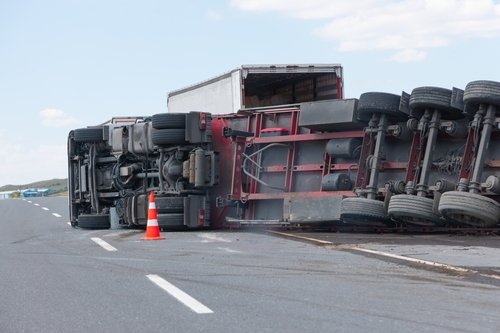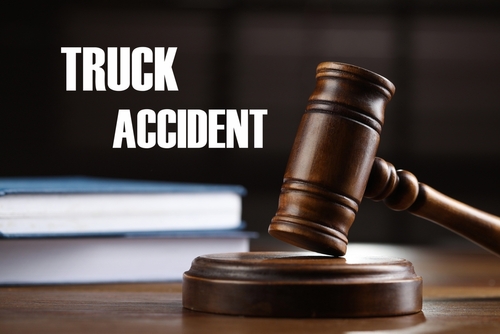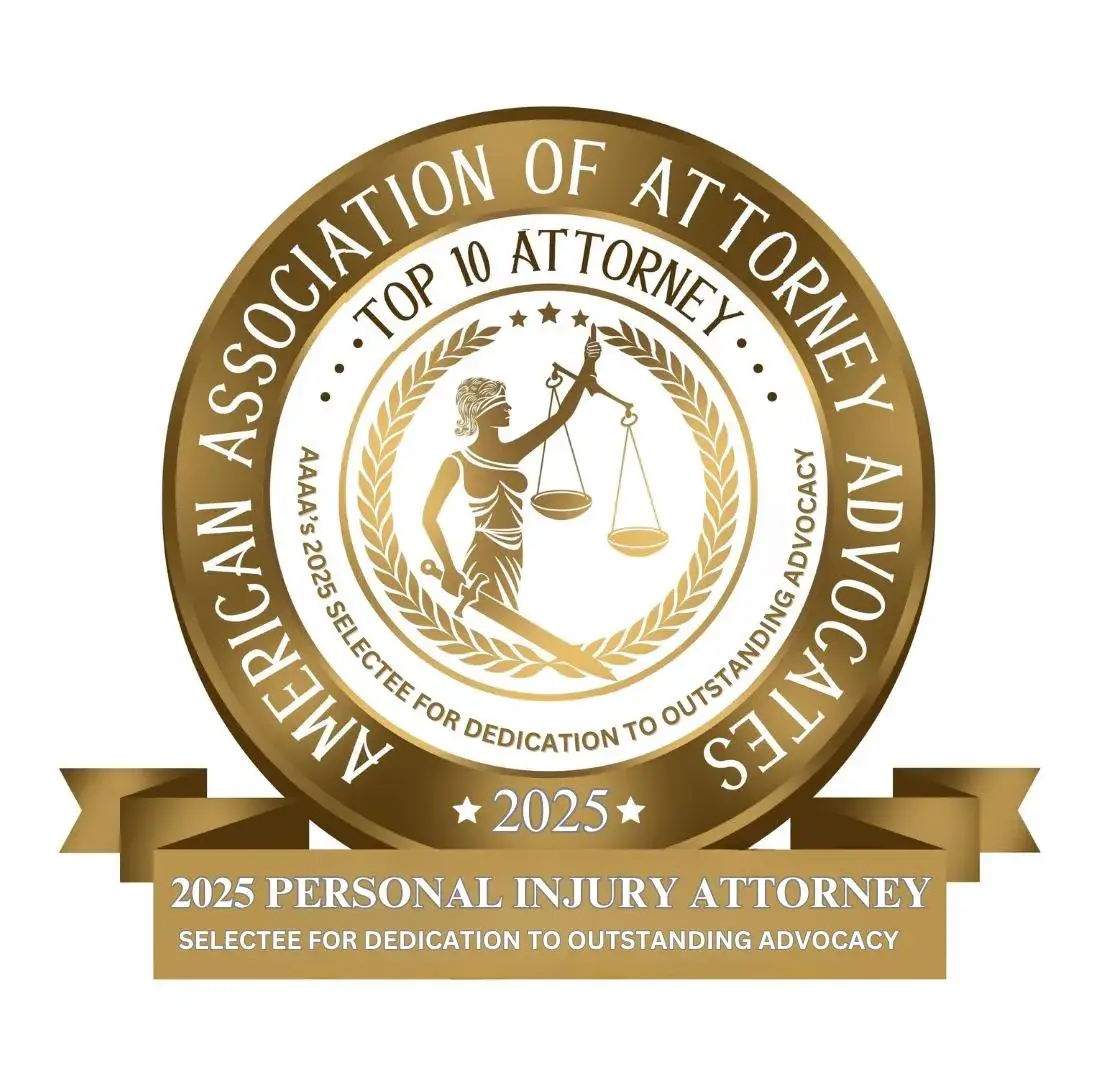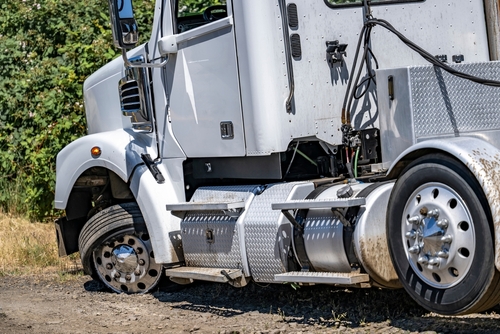
When Does It Make Sense to Hire a Truck Accident Lawyer in New Jersey?
You should consider hiring a truck accident lawyer in New Jersey immediately if you or a loved one has been seriously injured, if there is a dispute over who was at fault, or if you have been contacted by an insurance adjuster for the trucking company.
A collision with a commercial truck is unlike a typical car accident; it involves difficult federal and state regulations, multiple liable parties, such as the driver, the trucking company, and the cargo loader, and aggressive corporate insurance carriers.
The process involves a level of investigation that goes far beyond a standard police report, requiring an understanding of driver logbooks, vehicle maintenance records, and national safety standards. Pursuing a claim on your own means facing teams of professionals whose job is to protect the company’s financial interests. A Fort Lee truck accident lawyer can handle this complex investigation and protect your right to full compensation.
If you have a question about what happened in your accident and what your options are, call Maggiano, DiGirolamo & Lizzi, P.C. for a straightforward conversation about your situation. Call us at (201) 585-9111.
Key Takeaways for New Jersey Truck Accident Claims
- Your case is more complicated than a standard car accident. Trucking is governed by a separate set of federal and state laws, and fault may lie with multiple parties, including the driver, carrier, and cargo loader, which makes the investigation highly involved.
- Act quickly to preserve crucial evidence. Key evidence, like the truck’s black box data and driver logs, is owned by the trucking company and may be legally destroyed after a certain time, so you must move fast to protect it.
- Do not speak to the trucking company’s insurer alone. Their adjusters are trained to minimize payouts and will use your statements against you; having a lawyer handle these communications protects your rights and your claim’s value.
Why Is a Truck Crash So Different from a Car Accident?
At first glance, a crash involving a large truck might seem like a more severe version of a car accident, but the legal and financial landscape is entirely distinct. Understanding the steps to take after a truck crash—from seeking immediate medical care to preserving key evidence and contacting a lawyer—can make a major difference in protecting your rights and securing fair compensation.
The Sheer Scale of the Damage
A fully loaded commercial truck weighs up to 80,000 pounds, while the average passenger car weighs around 4,000 pounds. This disparity in size and weight means the injuries are typically severe, including traumatic brain injuries, spinal cord damage, or fatalities. This level of harm leads to extensive medical treatment, long-term rehabilitation, and a future that may look very different from the one you had planned.
The Complicated Web of Rules
Trucking is a federally regulated industry. The Federal Motor Carrier Safety Regulations (FMCSRs) govern everything from how many hours a driver is permitted on the road to how often a vehicle’s brakes must be inspected. These are dense, technical rules that are not part of a standard car accident claim.
New Jersey adds its own layers of rules under Title 39 of the state’s statutes, which covers items like vehicle weight limits on roads like the New Jersey Turnpike or Route 80. Simply put, determining fault involves more than identifying who had the green light. It could involve proving the trucking company violated a specific maintenance protocol or that the driver exceeded their legal driving hours.
The Business Behind the Crash
Behind every truck driver is a commercial enterprise. The trucking company, its insurance provider, and potentially other corporations (like the cargo shipper or the truck manufacturer) immediately begin their own investigation after a crash. Their primary responsibility is to their shareholders and bottom line. This means their investigation focuses on finding any evidence to minimize or deny their financial responsibility.
Who Are You Really Dealing With After a Truck Accident?
After a crash, you are facing multiple parties, each with their own legal and financial interests. The legal concept of vicarious liability means an employer is held responsible for an employee’s actions, which broadens the scope of a claim.
Here are the parties who may be involved:
- The Truck Driver: An investigation will look into their driving history, qualifications, and whether they were fatigued, distracted, or under the influence.
- The Trucking Company (Motor Carrier): Did they properly vet and train the driver? Did they pressure the driver to violate hours-of-service rules to meet a deadline? Did they enforce a proper vehicle maintenance schedule?
- The Truck’s Owner: Sometimes the cab and trailer are owned by different entities, adding another layer to the investigation.
- The Cargo Shipper and Loader: If the truck’s cargo was improperly loaded, unbalanced, or not secured, it could shift and cause the driver to lose control. In these cases, the company that loaded the truck might share fault.
- The Maintenance Company: If a third-party mechanic serviced the truck and failed to repair a known issue, like worn brakes or tires, they could be held responsible.
- The Truck or Parts Manufacturer: If the accident was caused by a defective part, such as a tire blowout or a brake failure, the manufacturer might be liable under a product liability claim.
When Should You Call a Lawyer? Five Clear Signs It’s Time.

1. Your Injuries Are Serious or a Loved One Was Killed.
If the accident resulted in injuries that require surgery, hospitalization, or ongoing physical therapy, the financial stakes are high. Medical bills deplete savings, and you may be unable to work for weeks, months, or even permanently. A lawyer ensures that any settlement calculation accounts for all future medical needs and lost earning capacity, not just the bills you have today. The cost of a truck accident can include long-term medical expenses, lost income, and extensive rehabilitation, making it essential to pursue full compensation.
In the tragic event of a fatal accident, a wrongful death claim must be filed within a specific timeframe, which is generally two years in New Jersey, according to the state’s statute of limitations. This process is involved and requires a legal representative to act on behalf of the estate.
2. The Trucking Company’s Insurer Calls You.
Insurance adjusters are trained professionals. They may sound friendly and helpful, but their goal is to resolve the claim for the lowest possible amount. They might ask for a recorded statement, hoping you say something that could be used to argue you were partially at fault.
- Don’t: Give a recorded statement or sign any documents without speaking to a lawyer first.
- Do: Politely decline and state that you will have your representative contact them. Having a lawyer handle these communications ensures your rights are protected from the start.
3. Fault Is Being Questioned or Blamed on You.
New Jersey uses a modified comparative negligence rule, as defined in N.J.S.A. 2A:15-5.1. This rule allows you to recover damages even if you were partially at fault, as long as your share of the blame is not more than 50%.
Because of this rule, the trucking company’s insurer will look for any reason to shift blame onto you, as we mentioned earlier. They may argue you were speeding, made an improper lane change, or stopped suddenly. A law firm gathers the evidence, such as traffic camera footage and the truck’s black box data, to build a clear picture of what really happened.
4. You Don’t Know What Your Claim Is Worth.
How do you put a number on your pain? Or your inability to work? A law firm with deep experience in this area understands how to calculate the full scope of your damages, which includes:
- Current and future medical expenses.
- Lost wages and diminished future earning capacity.
- Pain and suffering.
- Property damage to your vehicle.
Without this knowledge, you risk accepting an offer that is far below what you need to truly recover. An experienced attorney understands the full value of a claim and is prepared to fight for it, which protects you from accepting a lowball offer.
5. The Evidence Is Disappearing.
Key evidence in a trucking case is controlled by the trucking company. This includes the driver’s electronic log, the truck’s GPS data, and the vehicle’s maintenance records. A lawyer sends a spoliation letter, which is a formal notice demanding that the company preserve all relevant evidence. This step must be taken quickly before that information is lost or legally destroyed. Understanding the causes of truck accidents is vital during this process, since maintenance failures, driver fatigue, or unsafe loading can each point to different responsible parties.
How Our Firm Builds a Strong Truck Accident Case for You
Once you decide to move forward, you might wonder what happens next. Our role is to manage the legal and administrative tasks so you can focus on healing.
Step 1: The Independent Investigation
We do not just rely on the police report. Our team immediately begins its own investigation.
- Preserving Evidence: As mentioned, we send a formal demand to the trucking company to preserve the truck’s black box data, driver logs, and maintenance records.
- Accident Reconstruction: We may work with engineers and accident reconstructionists to analyze the crash site. They determine vehicle speeds, braking distances, and the sequence of events with scientific precision. This is particularly important on congested roads like Route 4 in Teaneck or the streets of Hackensack, where multiple vehicles frequently complicate the scene.
Step 2: Identifying All Responsible Parties
Our investigation is designed to uncover liability at every level of the supply chain. Was the trucking company negligent in its hiring? Was the cargo loader careless? We trace the chain of responsibility to ensure every liable party is held accountable.
Step 3: Calculating the True Cost of Your Injuries
We work with your doctors and may consult with medical and financial specialists to understand the full impact of your injuries. This involves creating a life care plan to project the cost of future surgeries, physical therapy, medication, and in-home care. We also assess how your injuries will affect your ability to earn a living in the future. Taking these steps after a truck accident helps build a strong claim that reflects both your immediate needs and long-term financial losses.
Step 4: Handling the Insurance Companies and Negotiations
We take over all communication with the insurance companies. We file all the necessary paperwork, present our evidence, and negotiate for the maximum compensation available under the law. If the insurance company refuses to offer a fair settlement, we are prepared to present your case to a jury.
Frequently Asked Questions About New Jersey Truck Accident Claims
How much does it cost to hire a truck accident lawyer?
Our firm, like most personal injury firms, works on a contingency fee basis. This means you pay us nothing upfront. We only receive a fee if we successfully recover compensation for you through a settlement or a verdict. Simply put, if you do not get paid, we do not get paid.
The accident happened on the George Washington Bridge. Is it a New Jersey or New York case?
Accidents on interstate bridges like the GWB are complicated. Jurisdiction depends on exactly where the collision occurred on the bridge. Our firm has years of experience handling cases with these types of jurisdictional questions and determines the proper venue for your claim.
I am an immigrant and not a U.S. citizen. Can I still file a claim?
Yes. Your immigration status has no bearing on your right to file a personal injury claim and seek justice through the civil court system in New Jersey. Your conversations with our firm are completely confidential. We proudly serve clients from all backgrounds in communities like Palisades Park, Edgewater, and Hackensack.
How long do I have to file a lawsuit in New Jersey?
For most personal injury cases, the statute of limitations is two years from the date of the accident under N.J.S.A. 2A:14-2. However, there are exceptions, especially if a government entity is involved, which requires a notice of claim within 90 days. Always speak with a lawyer as soon as possible to ensure you do not miss a deadline, which would bar your claim.
What if the truck driver was an independent contractor, not an employee?
Trucking companies sometimes try to avoid liability by classifying their drivers as independent contractors. However, this classification does not automatically protect them. If the company still exerts significant control over the driver’s work, such as setting their routes and hours, they may still be held legally responsible. We will investigate the true nature of their employment relationship.
Protect Your Rights and Your Future After a Serious Truck Accident
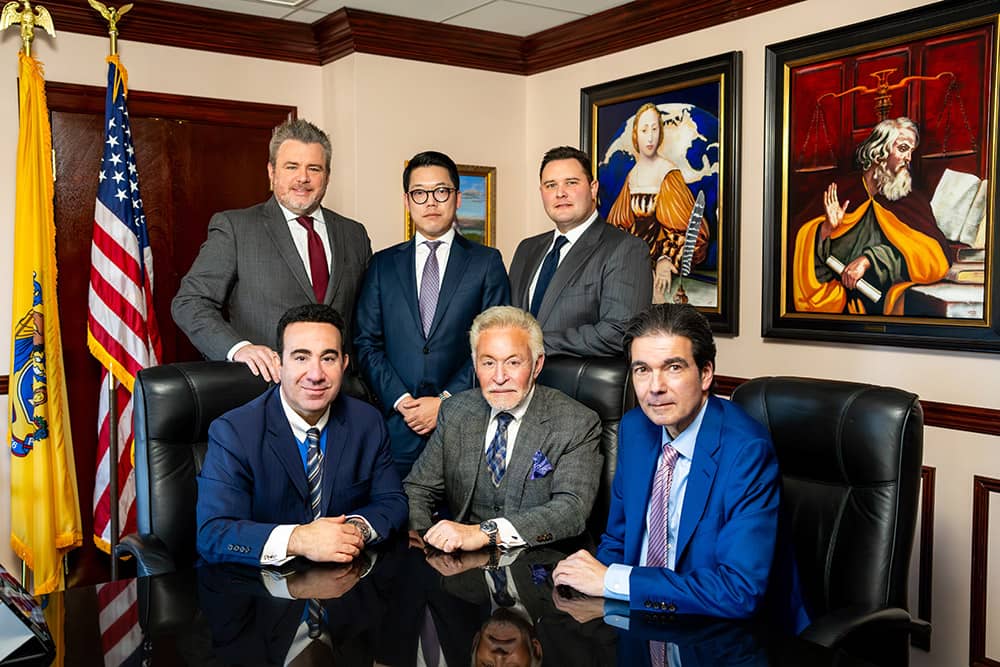
You do not have to face the legal and financial challenges of a truck accident alone. You may be worried about mounting bills or pressure from an insurance company, but taking the step to get legal advice is about securing your future.
Let us handle the fight for the compensation you need to recover.
For a no-cost, confidential discussion about your case, call Maggiano, DiGirolamo & Lizzi, P.C. today. We are here to answer your questions and explain your options. Call us now at (201) 585-9111.



